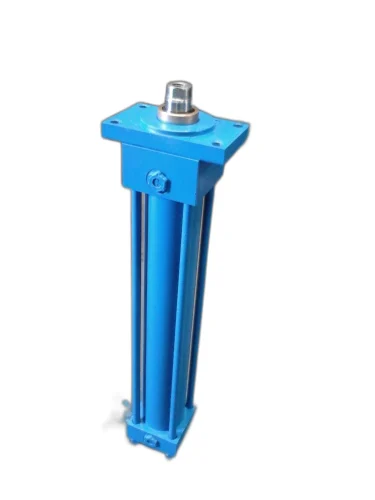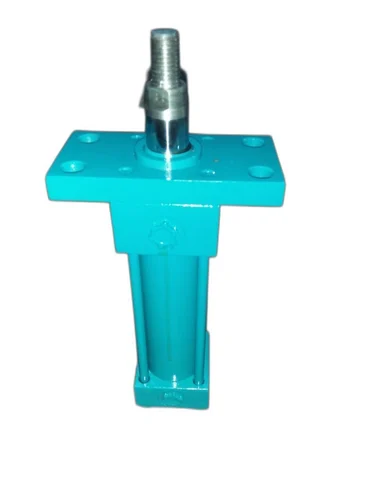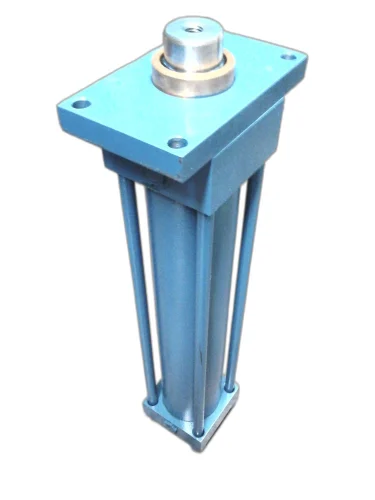Tie Bar Construction Hydraulic Cylinder
₹4,800.0
| Usage/Application | Die & Mould |
| I Deal In | New Only |
| BRAND | Spareage |
| Bore Dia | 50 mm |
| Rod Dia | 25 mm |
| WORKING PRESSURE | 160 bar |
- Description
- Additional information
- Reviews (0)
- Q & A
- Sustainability Remark
- More Offers
- Store Policies
- Inquiries
Being a leader in the industry, we are engaged in offering a qualitative range of Tie Bar Construction Hydraulic Cylinder to our clients.
Features:
- Highly durable
- Anti-corrosive
- High strength
| brands | Spareage |
|---|
You must be logged in to post a review.
Q & A
Hydraulics, as a technology, can be considered relatively sustainable when compared to some other forms of power transmission. However, its sustainability depends on various factors, including the specific application, system design, and maintenance practices. Here are some considerations:
Energy Efficiency: Hydraulic systems can be efficient when designed properly, with minimal energy losses during power transmission. However, they can also be inefficient if not optimized, leading to energy waste and reduced sustainability. Proper system design, including the selection of components, such as pumps and motors, and efficient control strategies, can significantly improve energy efficiency.
Fluid Leakage: One of the challenges with hydraulic systems is the potential for fluid leakage. Leaks can result in the loss of hydraulic fluid, which is often petroleum-based and non-renewable. Regular maintenance and proper sealing mechanisms can help minimize leakage and prevent environmental contamination.
Environmental Impact of Fluids: Traditional hydraulic fluids, such as mineral oil-based fluids, can have negative environmental impacts if not managed properly. These fluids can pose risks to soil, water, and wildlife in case of spills or leaks. However, there are more environmentally friendly alternatives available, such as biodegradable and synthetic fluids, which can mitigate these concerns.
Recycling and Disposal: Proper management of hydraulic fluid is crucial for sustainability. Used hydraulic fluids can be recycled or reconditioned, reducing the need for virgin fluids. Additionally, the responsible disposal of hydraulic components and systems at the end of their life cycle is important to minimize environmental impact.
Application Considerations: The sustainability of hydraulics can also depend on the specific application. In some cases, hydraulic systems may provide efficiency and performance advantages over other alternatives, while in other cases, alternative technologies like electric actuators may be more sustainable.
Overall, hydraulics can be sustainable when designed, operated, and maintained with energy efficiency and environmental considerations in mind. Using eco-friendly hydraulic fluids, minimizing leaks, and implementing proper disposal and recycling practices contribute to the sustainability of hydraulic systems. It is important to assess the specific application requirements and consider alternative technologies when appropriate.
General Inquiries
There are no inquiries yet.





Reviews
There are no reviews yet.